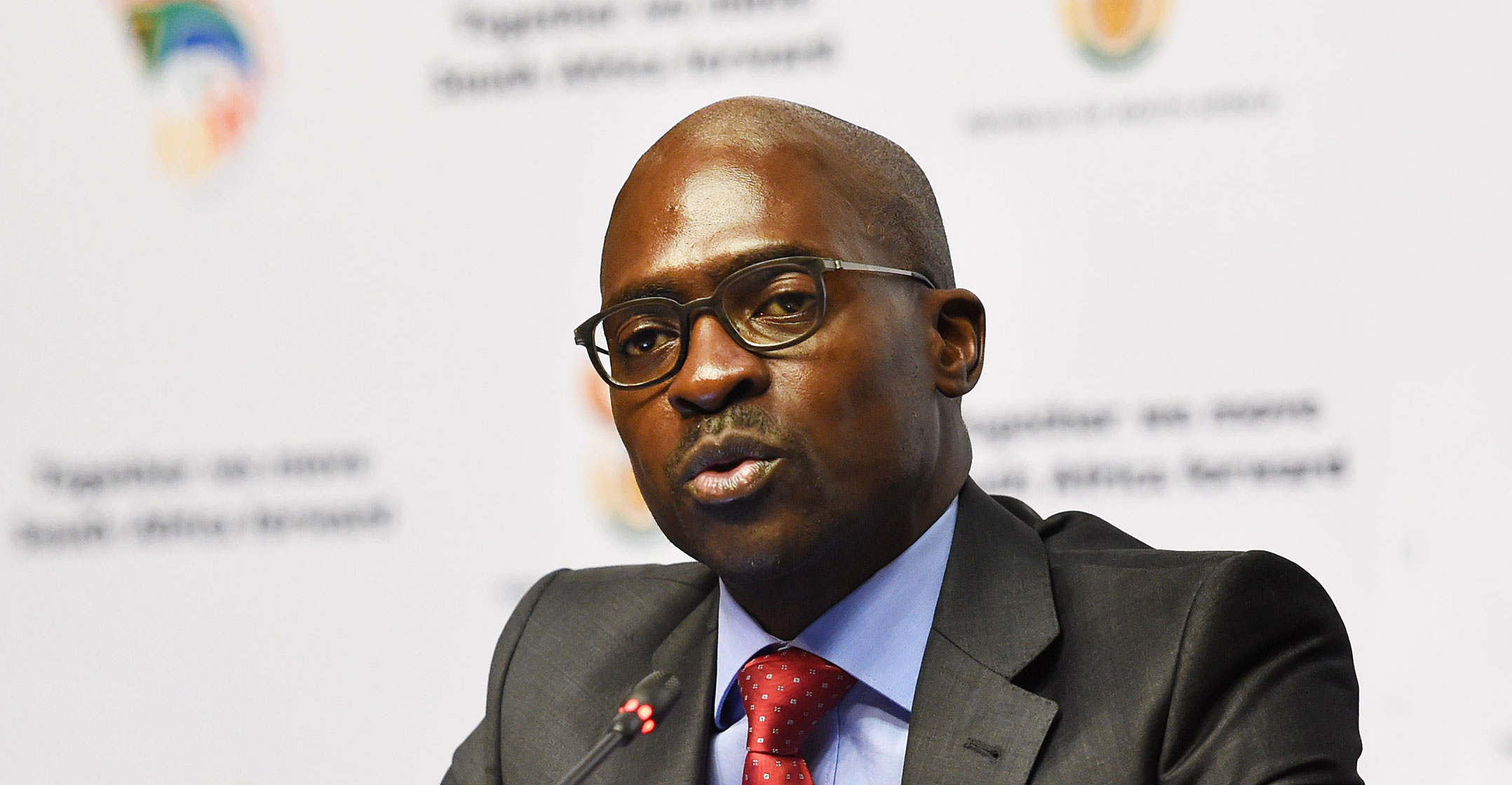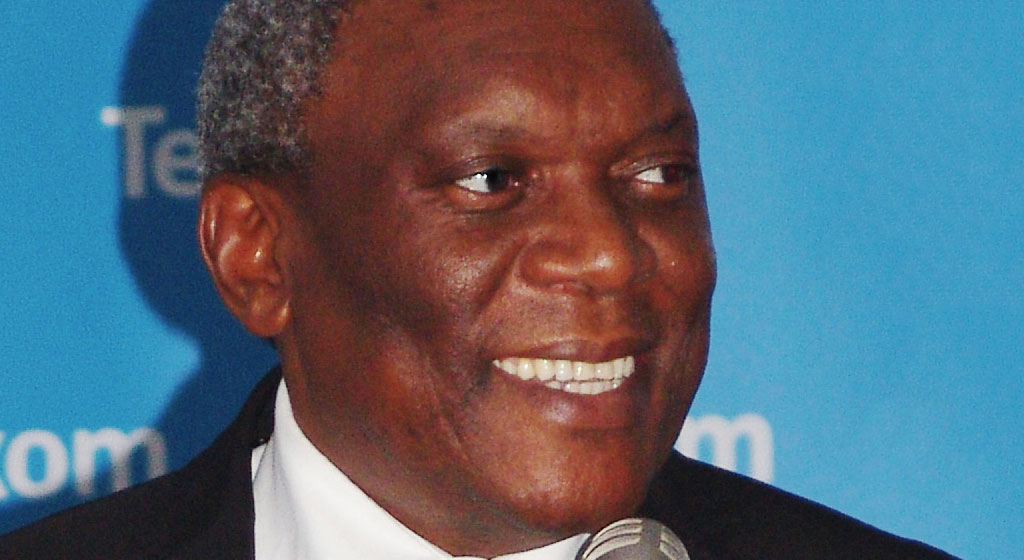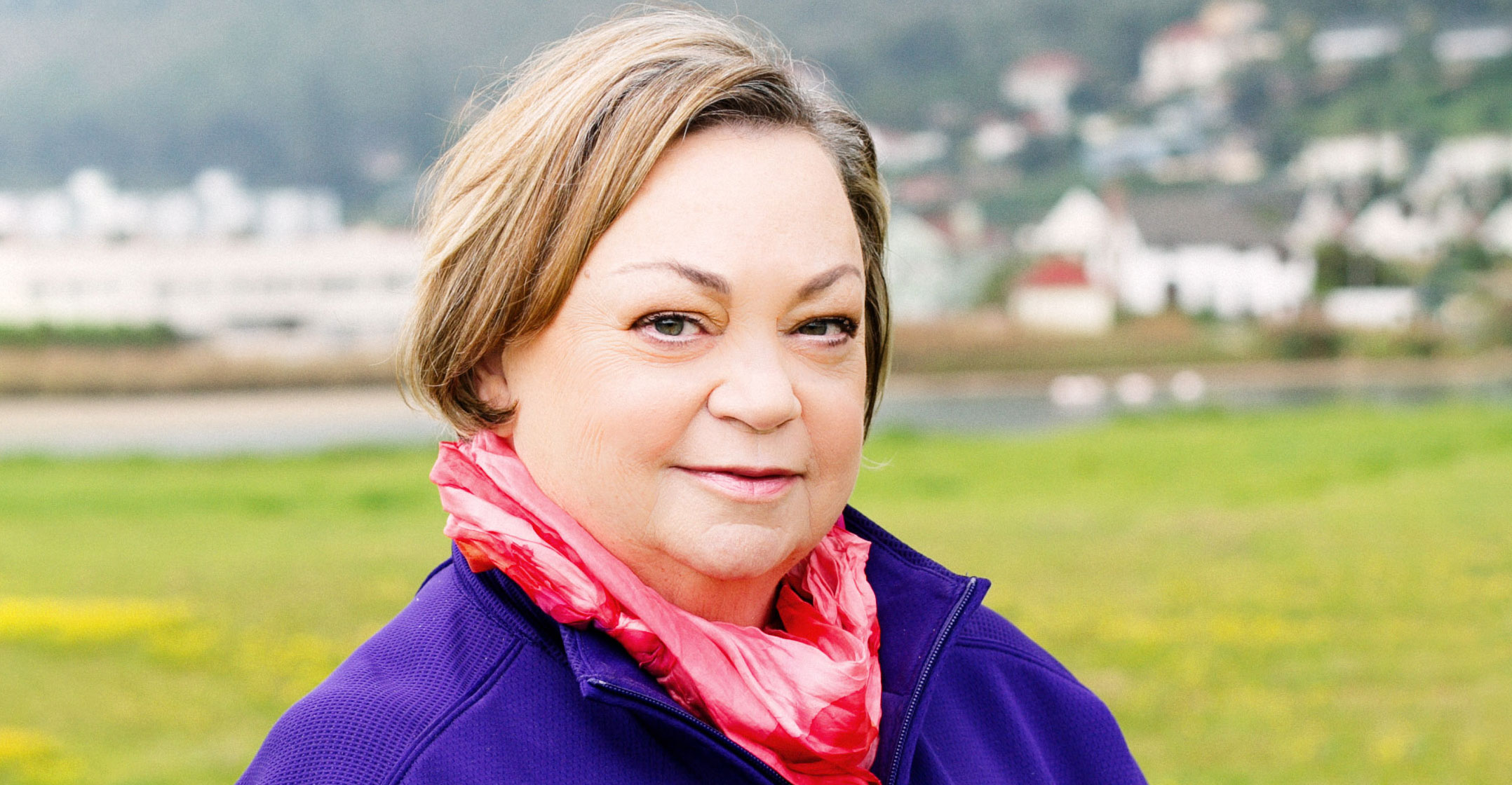
Finance minister Malusi Gigaba could find a silver bullet for his budget woes if he is brave enough to announce the auction of high-demand spectrum in Wednesday’s medium-term budget policy statement.
In one sentence, he could announce that desperately needed high-demand spectrum would be auctioned as 2018 dawns and that the expected R25bn-40bn in proceeds would be used to roll out mobile broadband connectivity nationwide, switch off the analogue broadcasting signal and free up the Internet-based economy to accelerate South Africa’s international economic competitiveness, create jobs and enable e-government services.
At the same time, he should announce that minister of telecommunications & postal services Siyabonga Cwele has withdrawn his legal challenge in the high court in Pretoria against communications regulator Icasa’s planned spectrum auction.
He would also need to persuade Cwele to give legal heft to the verbal “agreement” negotiated with the six mobile network operators earlier this year whereby they would — in the main — not need to return spectrum used by them until the end of their current licence period. The should be assigned high-demand spectrum in a fair and transparent manner in line with the National Development Plan and operate in a competitive infrastructure and services environment in parallel to a revised notion of the wireless open-access network (Woan).
Gigaba would also need to persuade cabinet that the economic acceleration leveraged by efficient ICT use will not come from a years-to-establish, monopolistic wholesale network inefficiently hogging spectrum dished out to connected cronies.
It can only come through competitive communications networks using leading-edge technology to streamline interactions in the global economy.
Spectrum scraps
The networks cannot do this if they are fed the spectrum scraps after the Woan is given the lion’s share of spectrum based on an ill-conceived review of its thumb-sucked future requirements.
The quick and easy answer to using ICTs to pull us back from the fiscal cliff is within Gigaba’s grasp. He must be bold enough to take it.
The re-started auction — and its revised terms — would oblige the high-demand spectrum winners to deliver mobile broadband infrastructure to marginalised areas as a priority.

These obligations on the winners would place the responsibility for facilitating — through financial, human and technical resources — the migration to digital terrestrial television (DTT), including the re-stacking of the spectrum released from analogue broadcasting and the provision of five million government-sponsored decoders to identified indigent households.
Digital migration and rural infrastructure roll-out would need to be almost complete before the winning bidders could start to leverage the availability of the high-demand spectrum in the lucrative urban areas.
Coupled to the go-ahead for the spectrum auction must be the modification of the Woan idea, proposed in the national integrated ICT policy white paper, to be piloted on a provincial or regional basis. The Icasa auction plan includes a spectrum set-aside for such networks which will largely cover previously marginalised areas.
Legally obliging mobile network operators to contribute their established multibillion-rand investments — as the ICT white paper policy wants — into a barely profitable public-private partnership Woan with those who have made little or no investment in ICT infrastructure will dramatically retard South Africa’s progress towards a digitally empowered nation.
It would result in a monopoly of ageing ICT infrastructure that no self-respecting company would risk funding as there would be no return on investment. The Woan will be fossilised in the womb.
Encouraging competition in mobile and fixed wholesale networks through investment incentives and a rigorous, independent and pro-consumer-choice regulatory regime will keep prices competitive and facilitate economic inclusion.
Wholesale and retail
There also needs to be regulation obliging mobile network providers to split their operations into wholesale and retail divisions to facilitate competition and customer choice.
Legally protected infrastructure investment by competitive companies is key to leveraging ICT innovation.
Huawei’s Global Competitive Index of 2017 compared data from 50 countries and grouped them into frontrunners, adopters and starters. It ranked South Africa low down on its adopter nations graph, alongside Columbia and below Mexico, Turkey and Thailand.
It states that broadband connectivity — mobile and fixed — is no longer the ultimate goal of ICT endeavours. Broadband provision is only the first step to build ICT infrastructure on which to deploy the four core technologies of cloud services, data centres, big data and the Internet of things.

The report states that for nations to grasp the economic impact of exploiting these core technologies, a huge investment in infrastructure must be made. It states that for every additional US$1 spent on ICT infrastructure, $3 could be added to a nation’s GDP.
This enables us to have a peek into the value the spectrum auction will unleash to accelerate economic growth and digital inclusion of all South Africans.
According to research by BMI-TechKnowledge, the private sector invested about R35bn in fixed and mobile communications infrastructure in 2016 alone. Assuming R1 of infrastructure spend contributes R3 to South Africa’s GDP, this capex boosted our GDP by R105bn last year. Over the past three years (2015/16/17), network infrastructure capex was about R90 billion, delivering a GDP boost of R180bn. Capex grew by about R5bn/year.
While it is believed that economic and political uncertainty will inhibit infrastructure build this year and next, an investment-friendly regulatory space, bold moves on releasing spectrum and network operators’ publicly stated willingness to bridge the digital divide, could reap major economic and social dividends.
Statistics South Africa states that the contribution to South Africa’s GDP of the entire ICT sector was R114.5bn (or 3%) in 2014. Its contribution to GDP is larger than agriculture’s and slightly shy of tourism’s 3.1%. It’s a dominant player in our future.
For Gigaba, releasing high-demand spectrum for auction and giving the operators security of their current and future investments in world-class technology could be one of the silver bullets he needs in his budget armoury.
- Marian Shinn is shadow minister of telecommunications & postal services and an MP for the Democratic Alliance




